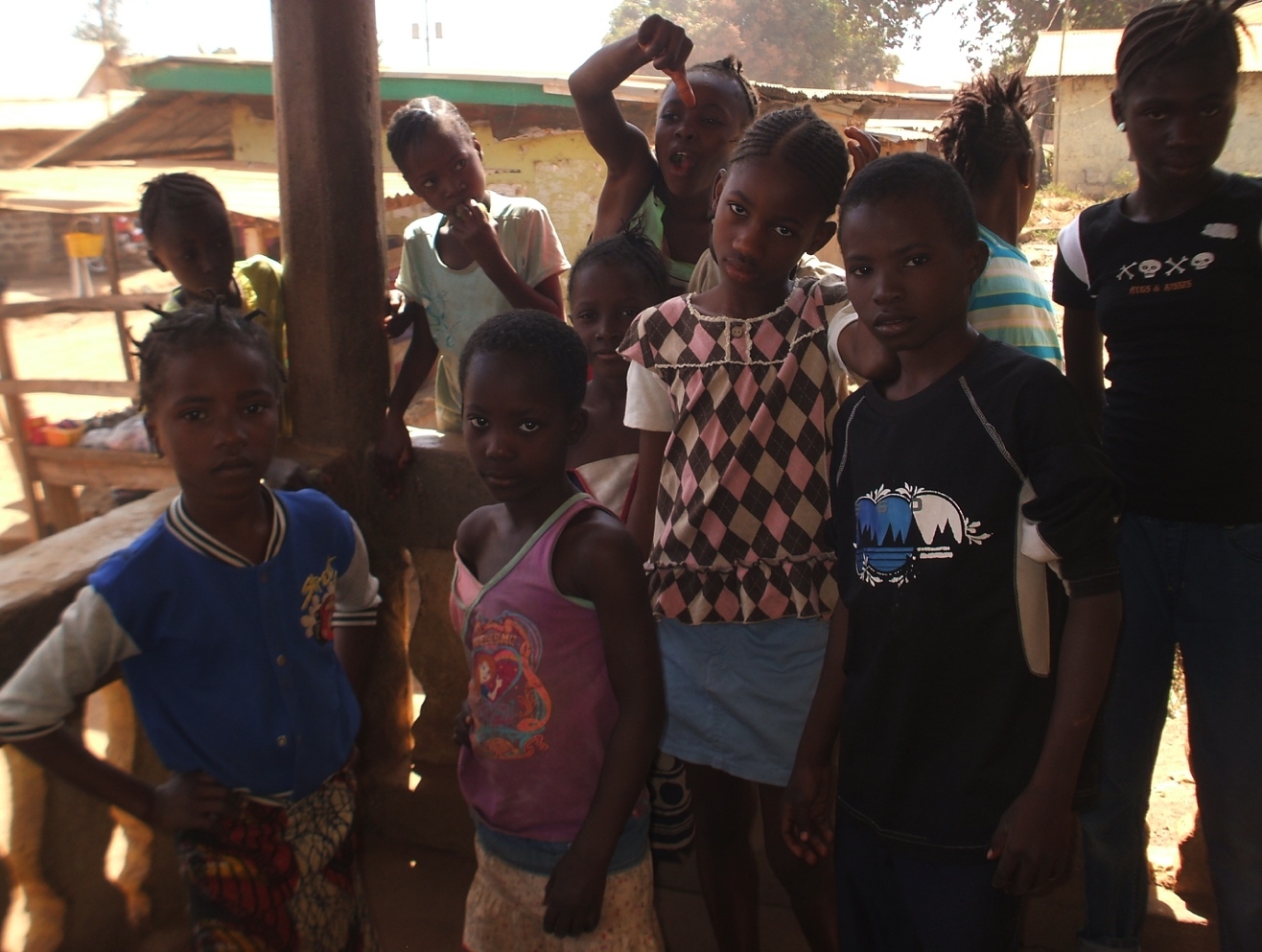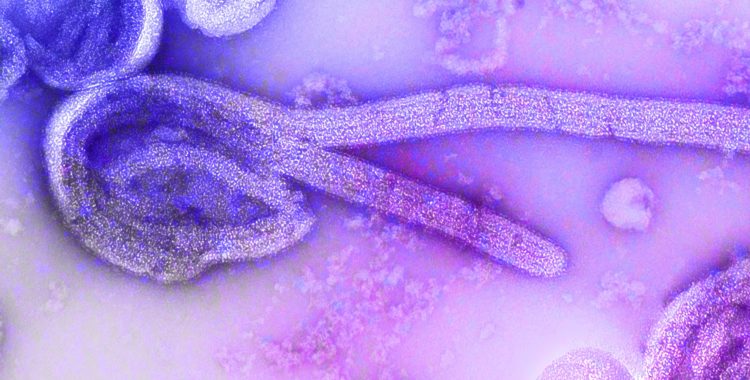The secondary effects of the Ebola crisis do not create new challenges - they exacerbate old ones. Even before the crisis broke out, thousands of orphaned, vulnerable, and street children were subjected to terrible living conditions despite the efforts of child rights campaigners across Sierra Leone to raise awareness and provide education, accommodation, support, and opportunities. Since Ebola their situations are worse, their needs more urgent, and their challenges harder. For thousands of children in Kono and across Sierra Leone, opportunities, destabilised families, teen pregnancy, and vulnerability to trafficking, abuse and exploitation has long been their reality. But because of Ebola, thousands have been added to their numbers.
In Kono district, the socio-economic consequences of Ebola for children play out on the diamond trade. For years, young people in Kono grew up knowing the mining of diamonds and gold were the most lucrative prospects available to them. The mining sector provided opportunities for thousands of young people and benefited the district, communities, and families – including children. But even before the Ebola crisis, the alluvial sector had been diminishing as a lucrative venture for some time. The remaining diamonds are deeper now and those who do not have the financial support needed for this type of mining cannot mine. As a result, many people – youths and adults alike – have spent a good part of their productive life looking for wealth they have not and maybe could never find. It is in this context that Ebola has wrought its own socio-economic consequences. Families have been destabilised or ruined, pushing more children and youths onto the street, and this time without hope of getting an immediate alternative as lucrative as the diamond fields - or as they imagine the diamond fields to be.

Thousands of children will spend the rest of their lives without knowing their biological parents as a result of the Ebola virus. Their survival is now at the mercy of the street or whatever caretakers they may be temporarily or permanently staying with. Their context is now a country with poor child rights monitoring systems, terrible living conditions for vulnerable children, and few protections against child abuse. Sexual exploitation, child labour, induced drug addiction, teenage pregnancy, lack of good shelter, under nutrition, corporal punishment, non-attendance of school, trafficking, improper medical care and deprivations of various types are just some of the potential abuses that these children could face before becoming an adults.
Child trafficking is a serious concern for Sierra Leone and has been rumoured to be on the increase. A symbol of this fear for many people is the story of 16 children who, toward the end of the civil war, were taken abroad. The children were never accounted for even despite their parents' demands backed by public protests. In times of chaos when insufficient protections are in place, trafficking can be disguised as charity organisations pretending to be working on children issues. It is difficult not to fear that vulnerable children will be further exploited.
Socio-economic disaster looms for Kono’s future generations. Teenage pregnancy has increased two-fold during the Ebola crisis. Most of these mothers are school-aged children at the junior secondary school level or below. The academic and future lives of these girls are now uncertain, if not doomed. Their chances of obtaining academic goals, improving their social status, getting the partner of their choice, and building the capacity to generate income sufficient to support themselves are now threatened. The impact will not just be on them, but on their children so furthering the vicious circle of poverty and over-dependence.
The way in which the Ebola crisis exacerbates already difficult situations is exemplified in an old cultural tradition. In rural Sierra Leone, a tradition that has been difficult to break is the method of inheritance. Specifically, a deceased’s property and inheritance will pass to their family members, rather than to a surviving wife or children. Women and children suffer immensely as a result of this age old tradition. In most cases, this has caused widows and orphans to fend for themselves without necessary support from such family members who may be in control of the inheritance. The consequent marginalisation of the children is a factor that has helped push many children to the street or into terrible living conditions. This situation is not new, but is exacerbated in the Ebola crisis.
There is a tendency for family conflicts to arise around inheritance issues and the Ebola crisis has made these more frequent and more intense, and sometimes fatal. I recently learned the story of a fourteen-year old boy and girl (twins). The twins’ mother and father, as well as most of their key family members died from Ebola. The twins themselves had been in an Ebola treatment centre. When they were released, they returned to their father’s house where an aunt was taking care of them. Then they learned that their great uncle wanted to claim the house. They would be evicted and according to the old tradition, this would have been their great uncle’s right. But for the intervention of the District Health Management Team, the kids would have been on the street by now. Such situations and many more are common stories today in Kono and many rural communities.
The Ebola crisis has exacerbated what was already a bad situation for many children. These children are uncertain of the long-term impact on their futures, the future of their communities, and the future of the country as a whole.



